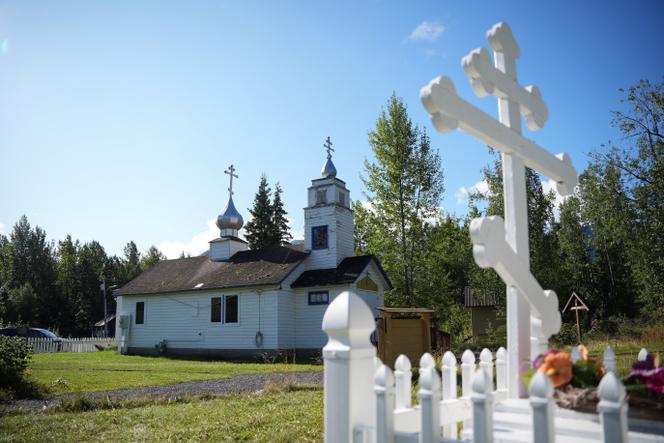


When historian Lee Farrow traveled to Russia with support from the US State Department to promote her book on Tsar Alexander II's 1867 sale of Alaska, Seward's Folly: A New Look at the Alaska Purchase (2016), there was always someone in the audience who claimed that the United States had not paid the agreed sum or that it was only a temporary concession. "There's been a very popular perception that somehow Russia was not given a good deal in all of that, and that maybe we'd even done something a little bit dishonest," explained the historian from Auburn University in Alabama. "[In] the wake of the collapse of the Soviet Union, the Russian people [were] looking for some sense of their former greatness. And so (...) reclaiming lost territory would go along with that (...) idea." In short, a certain "Alaska-is-ours" sentiment thrives in Putin's Russia.
Ahead of Friday's summit between Donald Trump and Vladimir Putin, moderation is the order of the day. Russian presidential adviser Yuri Ushakov described Alaska as a "logical place" for the August 15 meeting between the two leaders, citing the proximity of the two countries, separated by 82 kilometers across the Bering Strait (2.4 kilometers, if you count the two Diomede Islands − one Russian, the other American), and the shared economic interests in Alaska and the Arctic region.
You have 82.65% of this article left to read. The rest is for subscribers only.
